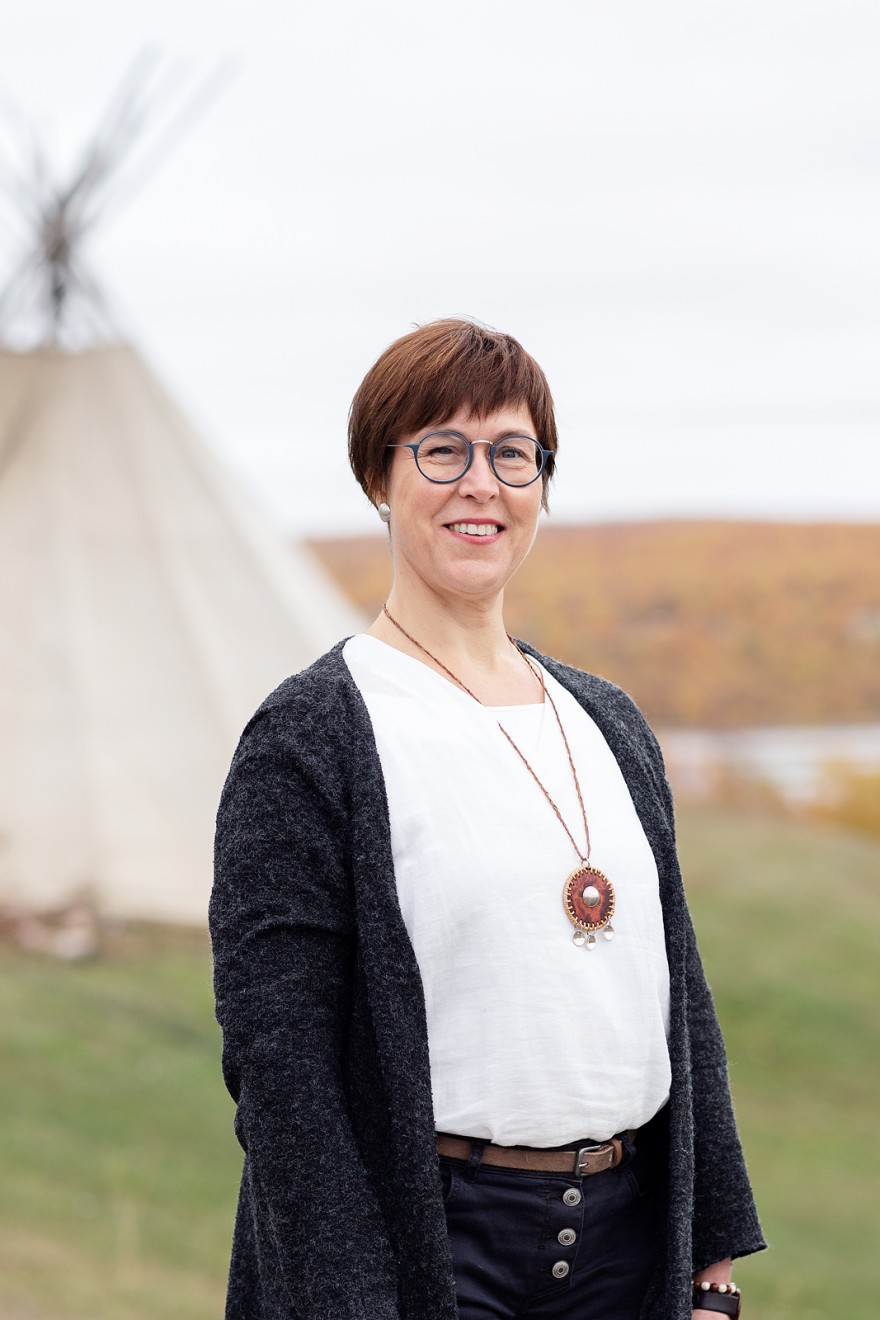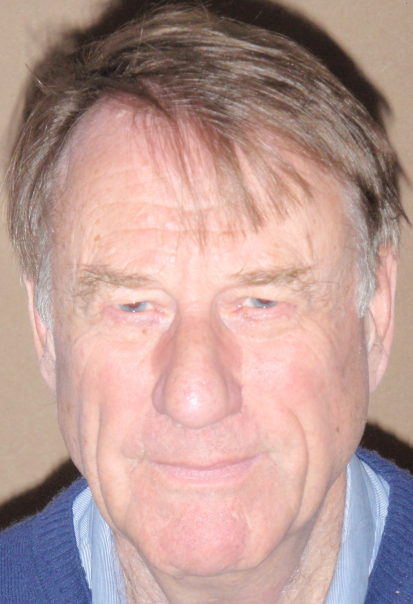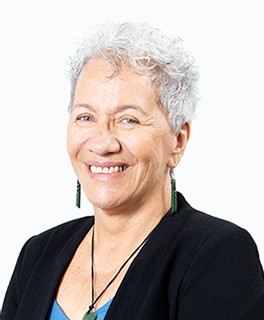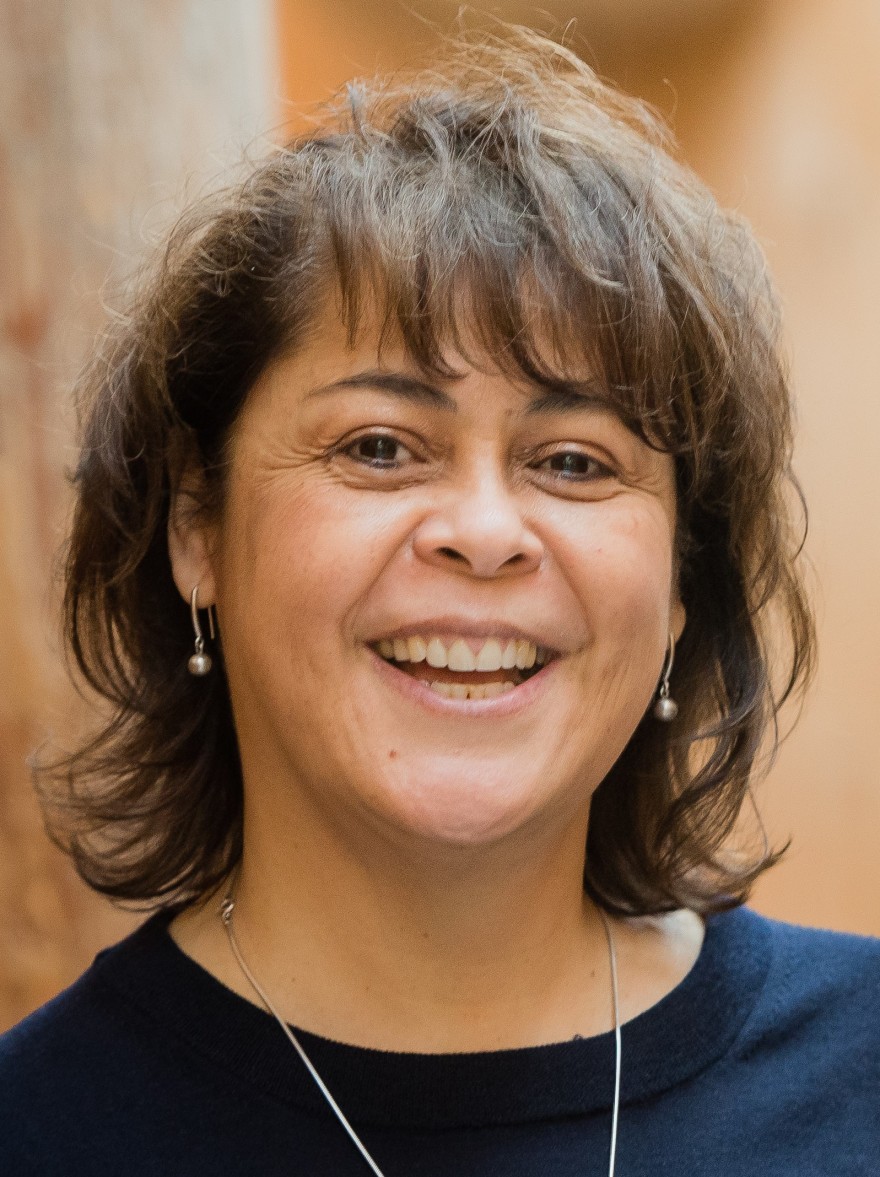Keynote speakers
Dr. Marikaisa Laiti, PhD. M. Ed, B. Ed./early childhood education teacher; Leader of a research project, researcher, Sami university of applied sciences
Professor Timothy Ingold, PhD
Dr Lesley Rameka, PhD, M.Ed, B.Ed, DipTchg, Senior Research Fellow
|
||||
Dr. Jan Hare
|
||||

 Marikaisa Laiti has graduated in educational sciences with Ph.D on Implementation of Sami early education in Finland (University of Lapland 2018). She had her bachelor’s in early education sciences, also qualified as an early education teacher (University of Oulu 2009). Master’s degree (1996) she had at University of Oulu in theoretical pedagogy. During 1993-1996 she assisted in the cross-cultural study “Cultural ecology of young children”.
Marikaisa Laiti has graduated in educational sciences with Ph.D on Implementation of Sami early education in Finland (University of Lapland 2018). She had her bachelor’s in early education sciences, also qualified as an early education teacher (University of Oulu 2009). Master’s degree (1996) she had at University of Oulu in theoretical pedagogy. During 1993-1996 she assisted in the cross-cultural study “Cultural ecology of young children”. Tim Ingold is Professor Emeritus of Social Anthropology at the University of Aberdeen. He has carried out fieldwork among Saami and Finnish people in Lapland, and has written on environment, technology and social organisation in the circumpolar North, on animals in human society, and on human ecology and evolutionary theory. His more recent work explores environmental perception and skilled practice. Ingold’s current interests lie on the interface between anthropology, archaeology, art and architecture. His recent books include The Perception of the Environment (2000), Lines (2007), Being Alive (2011), Making (2013), The Life of Lines (2015), Anthropology and/as Education (2018) and Anthropology: Why it Matters (2018).Tim
Tim Ingold is Professor Emeritus of Social Anthropology at the University of Aberdeen. He has carried out fieldwork among Saami and Finnish people in Lapland, and has written on environment, technology and social organisation in the circumpolar North, on animals in human society, and on human ecology and evolutionary theory. His more recent work explores environmental perception and skilled practice. Ingold’s current interests lie on the interface between anthropology, archaeology, art and architecture. His recent books include The Perception of the Environment (2000), Lines (2007), Being Alive (2011), Making (2013), The Life of Lines (2015), Anthropology and/as Education (2018) and Anthropology: Why it Matters (2018).Tim  Dr. Lesley Rameka is a Senior Research Fellow at the Wilf Malcom Institute of Educational Research, Faculty of Education, University of Waikato. Lesley has worked in early childhood education for over 30 years, beginning her journey in te kohanga reo (Māori language nest), and working in a number of professional development and tertiary education providers over the years. Lesley’s research interests include; Māori early childhood education (ECE), Kaupapa (philosophy) Māori Assessment in ECE, Curriculum development in Māori ECE and Māori pedagogies.
Dr. Lesley Rameka is a Senior Research Fellow at the Wilf Malcom Institute of Educational Research, Faculty of Education, University of Waikato. Lesley has worked in early childhood education for over 30 years, beginning her journey in te kohanga reo (Māori language nest), and working in a number of professional development and tertiary education providers over the years. Lesley’s research interests include; Māori early childhood education (ECE), Kaupapa (philosophy) Māori Assessment in ECE, Curriculum development in Māori ECE and Māori pedagogies.  Dr. Jan Hare is an Anishinaabe-kwe scholar and educator from the M’Chigeeng First Nation, located in northern Ontario, Canada. She is the Associate Dean for Indigenous Education in the Faculty of Education at the University of British Columbia (UBC) and Professor in the Department of Language and Literacy Education. She is also the Director of the Faculty’s Indigenous Teacher Education Program – NITEP. Her research is concerned with improving educational outcomes for Indigenous learners and centering Indigenous knowledge systems within educational reform from early childhood education, K to 12 schooling, through to post-secondary settings, recognizing the holistic and multidisciplinary nature of Indigenous education.
Dr. Jan Hare is an Anishinaabe-kwe scholar and educator from the M’Chigeeng First Nation, located in northern Ontario, Canada. She is the Associate Dean for Indigenous Education in the Faculty of Education at the University of British Columbia (UBC) and Professor in the Department of Language and Literacy Education. She is also the Director of the Faculty’s Indigenous Teacher Education Program – NITEP. Her research is concerned with improving educational outcomes for Indigenous learners and centering Indigenous knowledge systems within educational reform from early childhood education, K to 12 schooling, through to post-secondary settings, recognizing the holistic and multidisciplinary nature of Indigenous education.